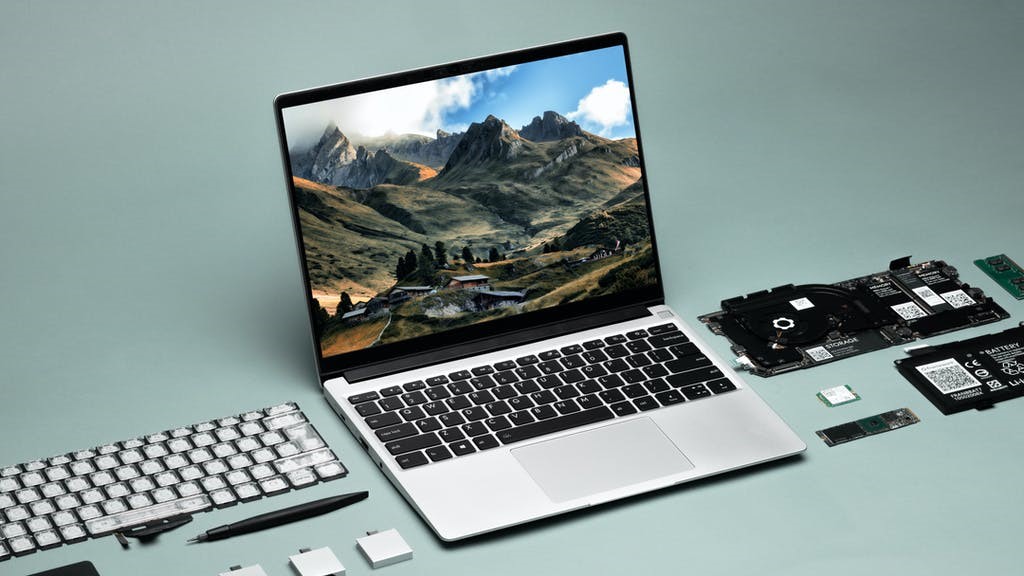Could this modular device be the future of laptops?
Switch it up

Sign up for breaking news, reviews, opinion, top tech deals, and more.
You are now subscribed
Your newsletter sign-up was successful
Modularity isn’t something new in computing, but the Framework Laptop hopes to bring the upgradability of desktops to more portable devices. With an emphasis on a do-it-yourself approach, the team behind this modular laptop wants to give you the control to fix and improve your own device.
The Framework Laptop comes with a 13.5-inch display boasting a rather unusual 2,256 x 1,504 resolution (due to its 3:2 aspect ratio), a full HD 60 FPS webcam, and is powered by an 11th gen Intel Core processor - with three options to choose from - and up to 64 GB of DDR4 RAM.
If the parts are available, you’ll be able to swap in and out whichever of these you want, and you can even change the laptop’s ports to fit your needs. Every aspect of the device is modular, but based on product descriptions it doesn’t look like the Framework Laptop has a dedicated graphics card and it isn’t clear if one can be installed.
- Best gaming laptops 2021
- How Nvidia is tackling cryptomining
- Best processors 2021
Will it come together?
In concept, the Framework Laptop seems like an exciting idea, and the company’s vision to help reduce computing waste and give people more control over their devices is one we can certainly get behind. However, we can’t help but be a little skeptical until we see it in action.
This is because Framework’s promises for its laptop aren’t too dissimilar to products like the Google Ara - Google’s now-defunct modular phone. While desktop PCs are essentially modular devices, which let you add and upgrade components, laptops are more compact, so there are more restrictions on what upgrades can be made.
We’ll just have to wait until the middle of 2021, when the Framework Laptop is set to ship, to see if it can swap out our fears for a bit more optimism.
- Check out the 15 best laptops of 2021
Via BGR
Sign up for breaking news, reviews, opinion, top tech deals, and more.

Hamish is a Senior Staff Writer for TechRadar and you’ll see his name appearing on articles across nearly every topic on the site from smart home deals to speaker reviews to graphics card news and everything in between. He uses his broad range of knowledge to help explain the latest gadgets and if they’re a must-buy or a fad fueled by hype. Though his specialty is writing about everything going on in the world of virtual reality and augmented reality.